The Place of Broken Things by Linda D. Addison and Alessandro Manzetti
Crystal Lake Publishing, 2019
ISBN-13: 978-1646338573
Available: Paperback, Kindle
Imagine sitting in a poetry gallery appreciating each masterpiece while enveloped in a cloud of perfectly matching music (think Coltrane, Tchaikovsky, Hendrix). In the background, the words of famous poets move you to greater emotion and deeper understanding of each work of art. The Place of Broken Things by Linda D. Addison and Alessandro Manzetti delivers this sensory experience through the poems they have written together.
This collection includes poems written by Addison, poems by Manzetti, and poems that are a collaboration. Addison’s poems are spare, clear observations on and assessments of emotions. Her images are dark and sometimes threatening and describe pain and suffering even in the midst of love. In contrast, Manzetti’s poems show a reality that is often unexpectedly beautiful but hints at a hidden or not fully acknowledged darkness. His poems are abstract with colorful, sensual, exotic, and spiritual imagery combined with musical, artistic, and literary allusions. Both poets create poems inspired by the work of other writers such as Neruda, Wheatley, and Ginsberg.
The collaboration poems are the most evocative because they take the individual artists’ styles and images to the next level. “The Dead Dancer,” for example, focuses on the music that accompanies this “dance” (“horns mourning,” “can loneliness have a soundtrack?” “dreams become strings played by Tchaikovsky’s Pathétique”), and “Like Japanese Silk” features a church with a bronze cross “which looks like God’s antenna” and a “back” that “looks like Japanese silk.” In “A Clockwork Lemon Resucked,” a poet with “a cure for sorrow” and a knowledge of “the secrets of Mozart and Stevie Wonder” is now suffering “reeducation” in a cell “overlooking a dump and two lemon trees.” “The Yellow House” is a magnificent poem that captures the beautiful rawness and disturbing need that must have been a part of Van Gogh’s artistic desires (“I will give you color – / I will give you stars and revelations”).
Addison and Manzetti have collected “broken things” and found a painfully exquisite emotional beauty in them. Highly Recommended
Reviewed by Nova Hadley
Editor’s note: The Place of Broken Things was a nominee on the final ballot and lthe winning title for the category of Superior Achievement in Poetry for the 2019 Bram Stoker Awards.

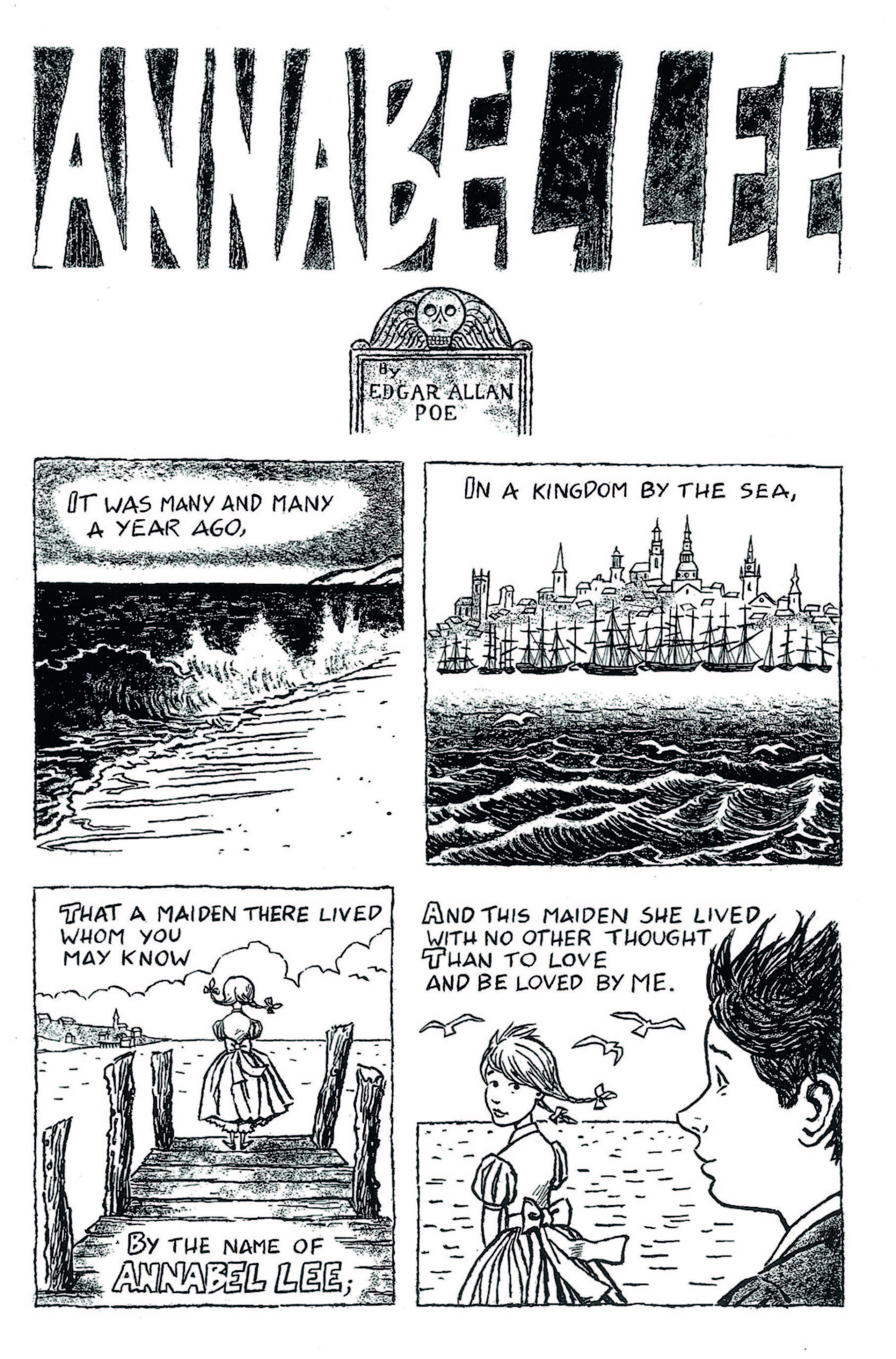

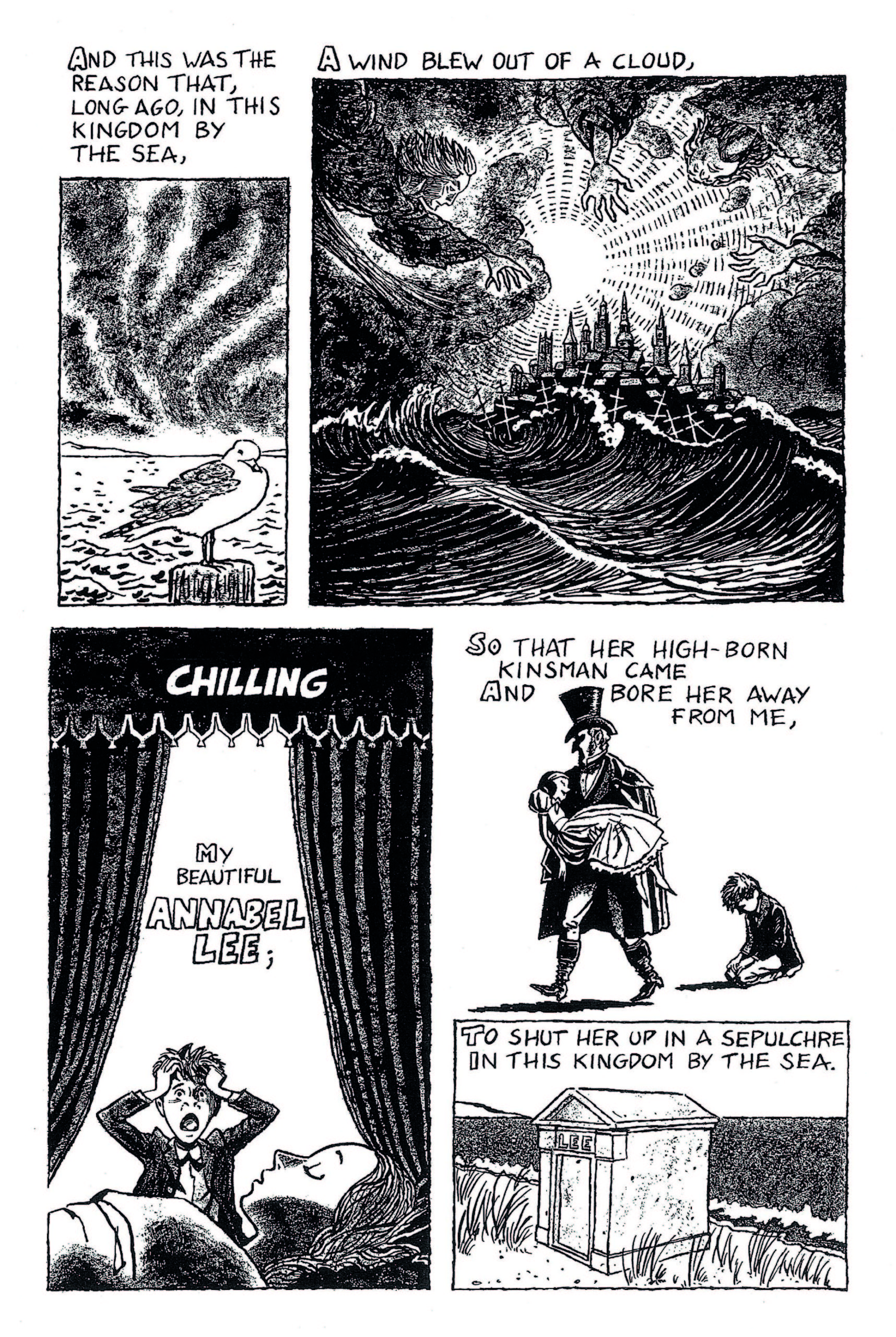
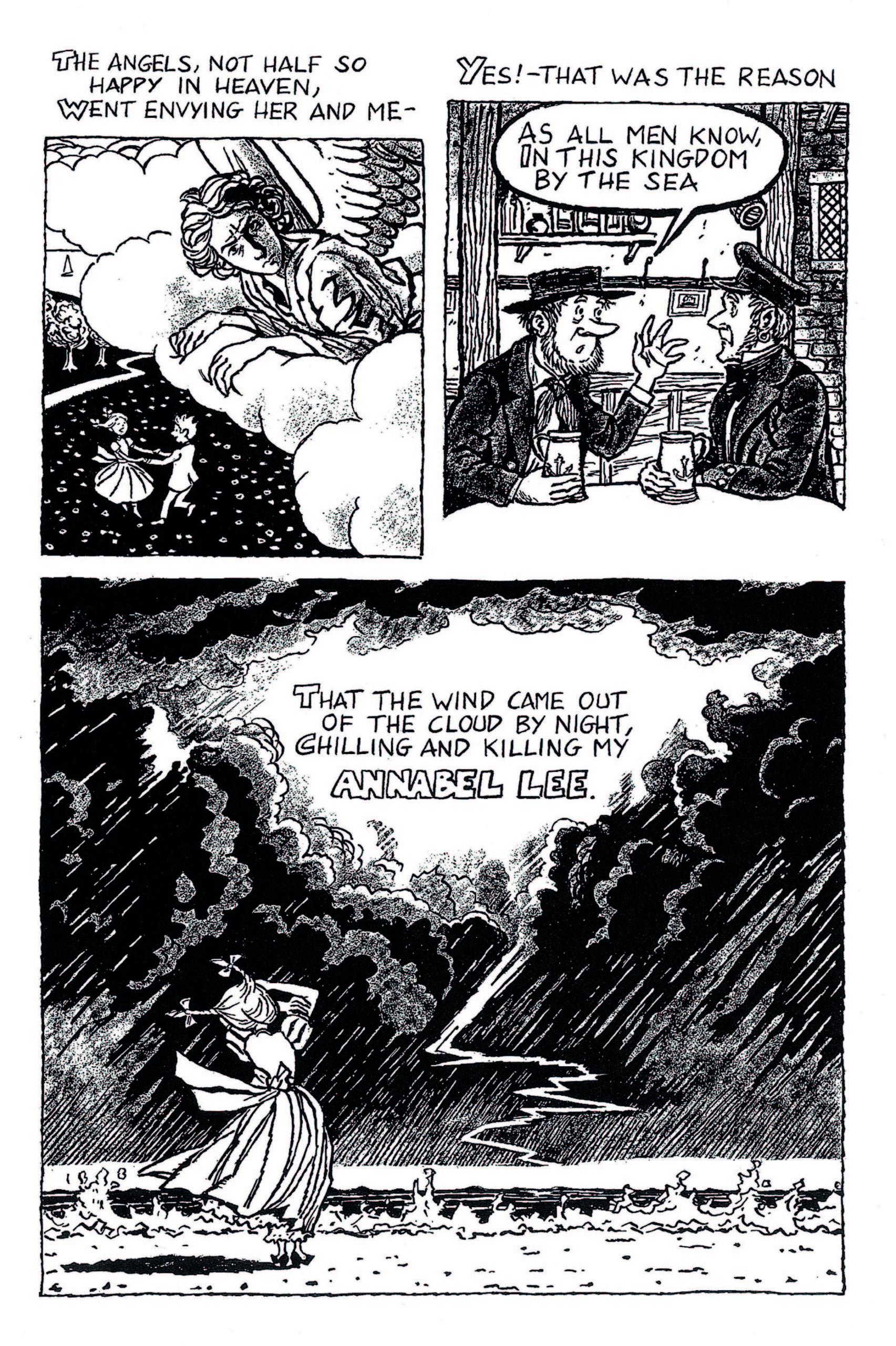
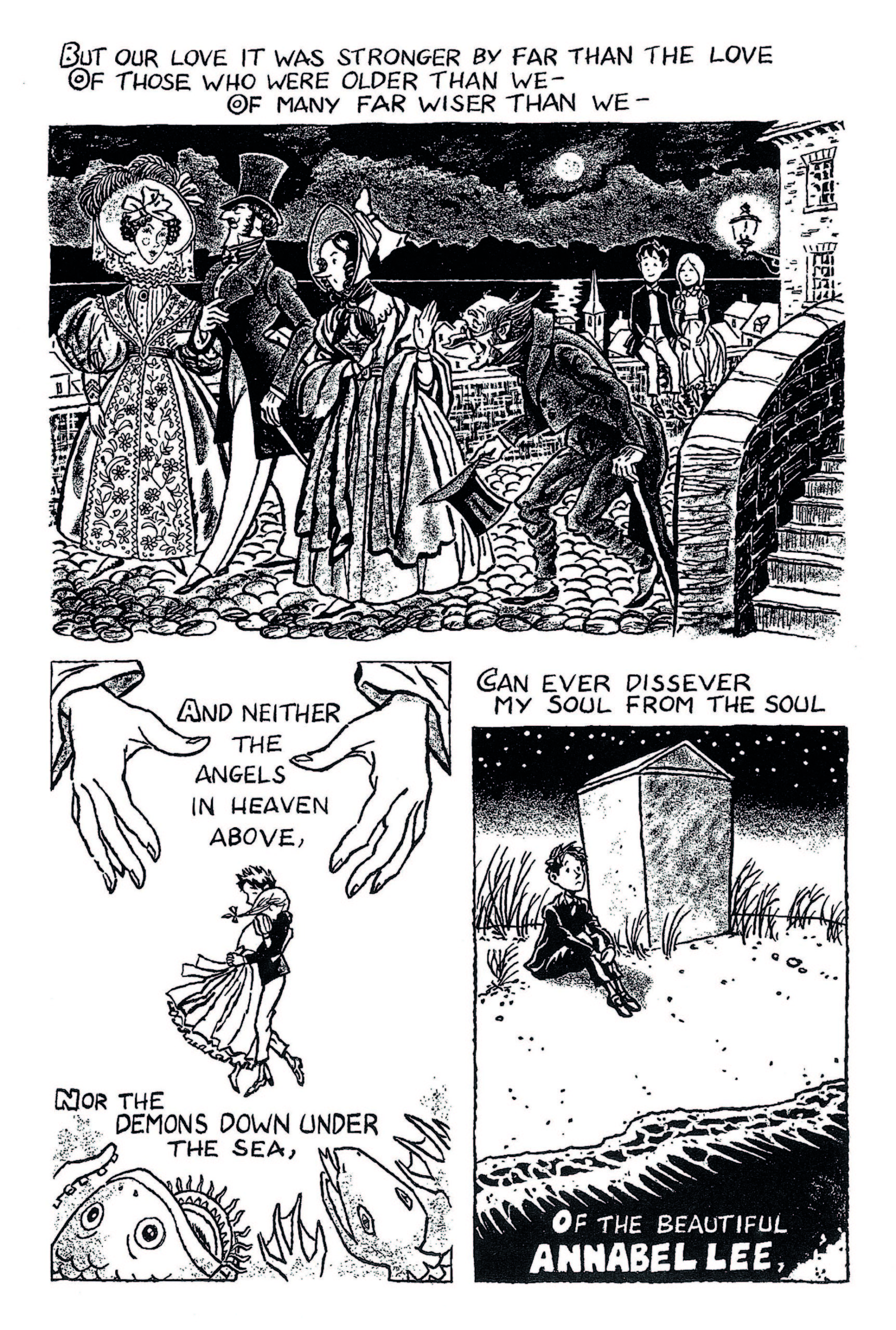
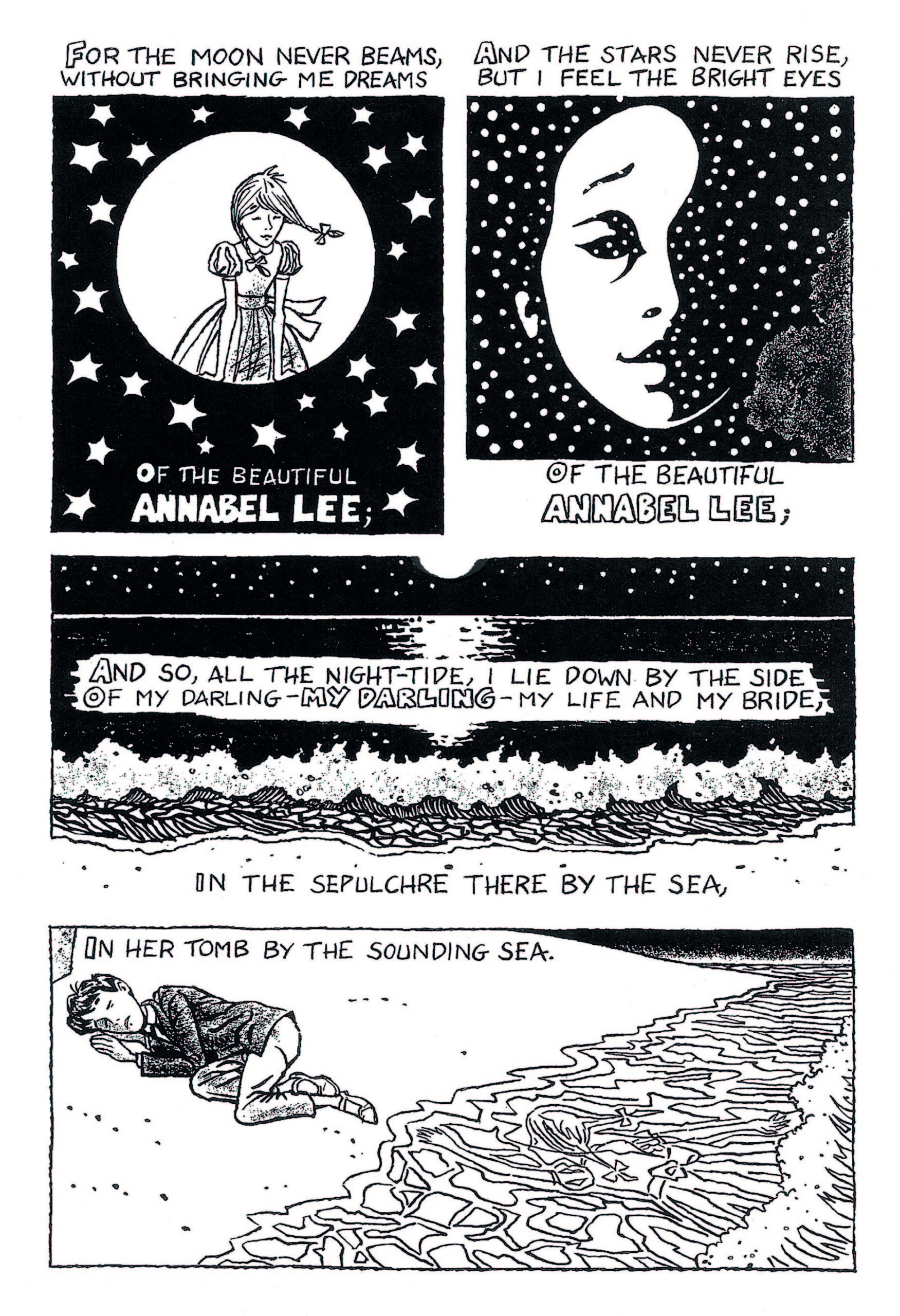





Follow Us!